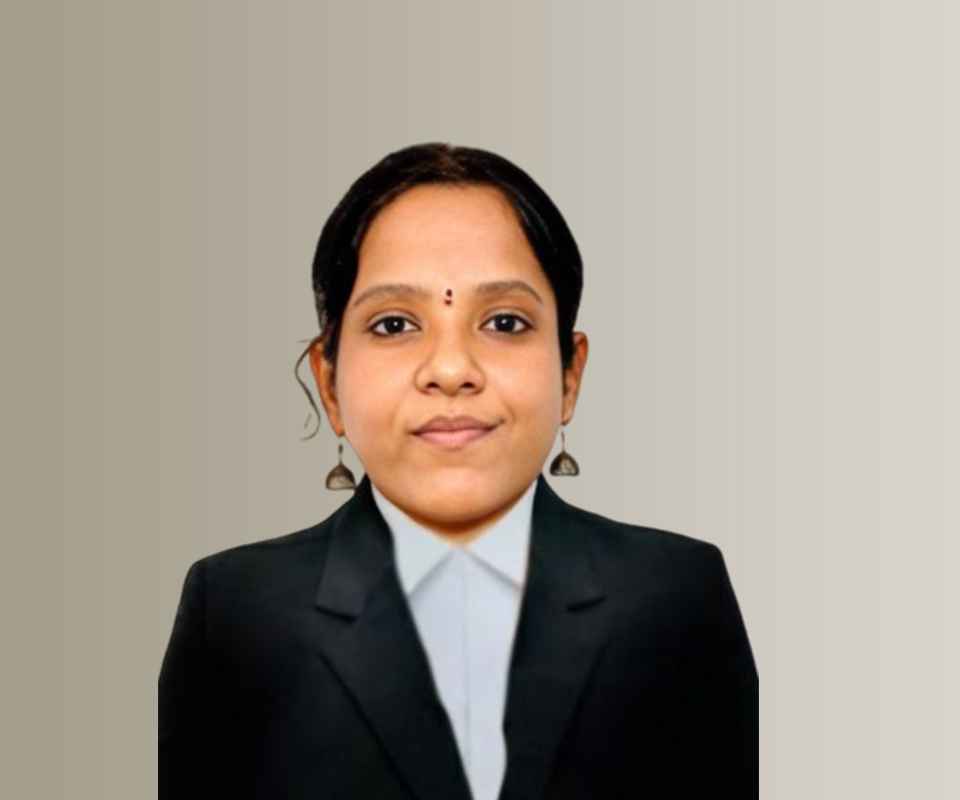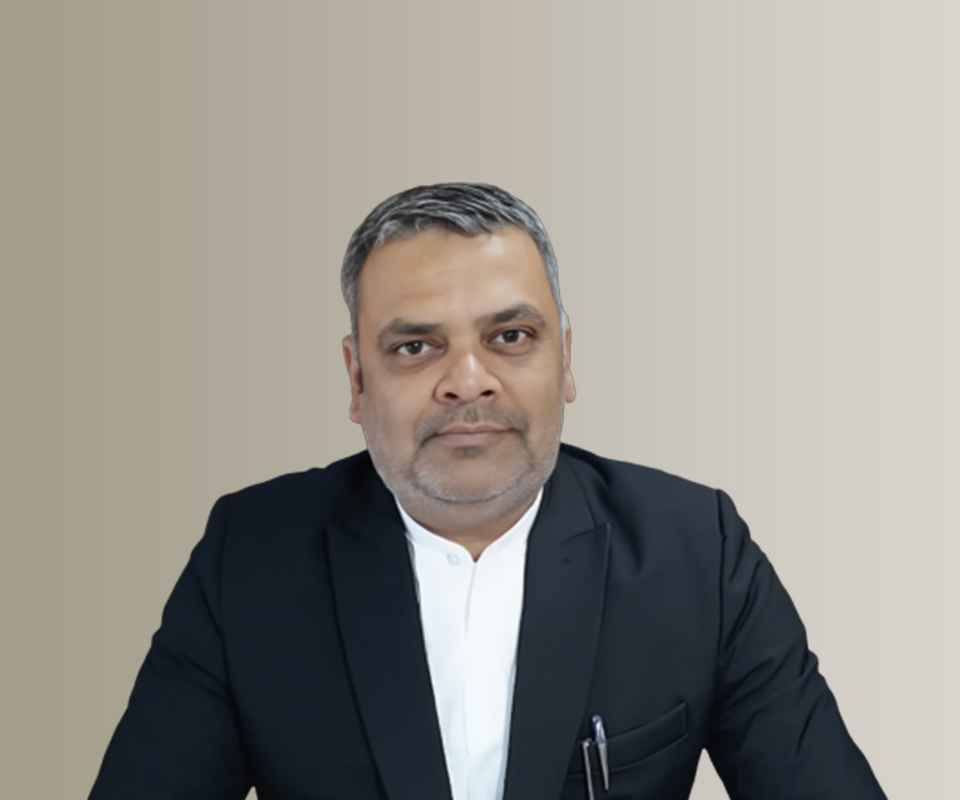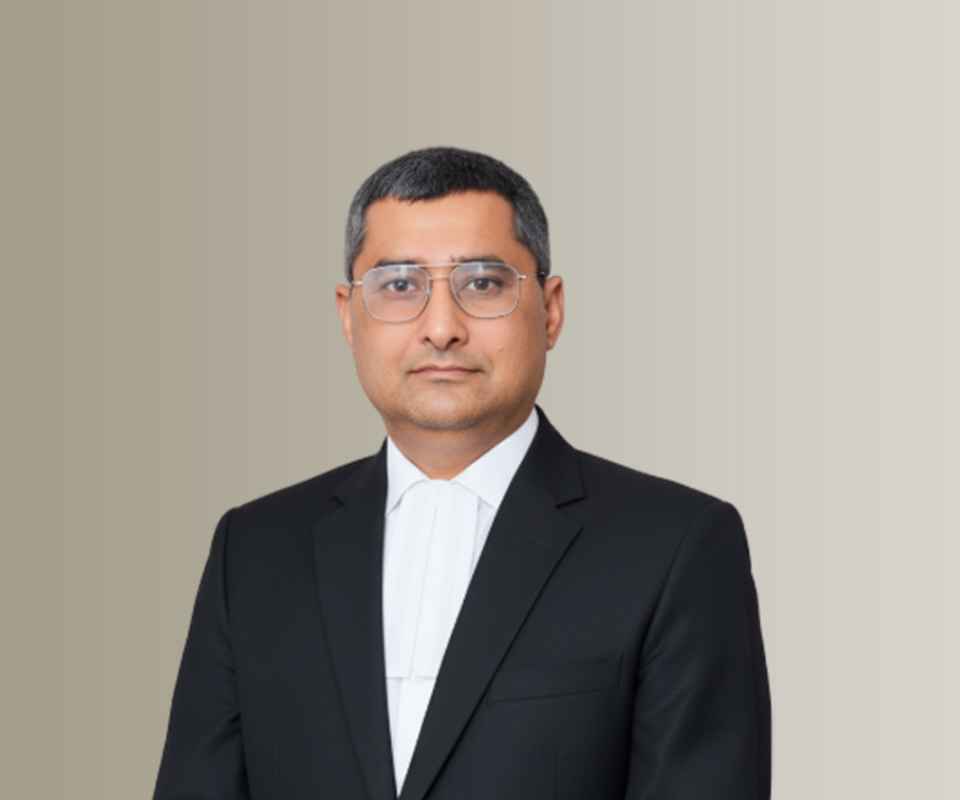Answer By law4u team
Professionals and consultants, including doctors, lawyers, chartered accountants, architects, and freelance consultants, are subject to specific tax provisions in India. They are generally taxed under the head Profits and gains of business or profession, which provides various exemptions, deductions, and allowances to reduce their tax liabilities. Understanding these exemptions and deductions is essential for professionals to effectively manage their finances and reduce their taxable income.
Key Tax Exemptions and Deductions for Professionals and Consultants
1. Income Under Section 44AA (Presumptive Taxation Scheme)
Under the Income Tax Act, professionals and consultants can opt for the presumptive taxation scheme under Section 44AA if their gross receipts or turnover do not exceed ₹50 lakh in a financial year.
Presumptive Taxation under Section 44ADA: This section allows professionals to declare 50% of their total gross receipts or turnover as income, which is deemed to be their taxable income, and the remaining 50% is considered to be expenses.
Tax Rate: Professionals opting for this scheme are taxed at a flat rate of 50% of their total receipts, and they do not need to maintain detailed books of accounts.
2. Deductions Under Section 80C
Professionals and consultants can claim deductions under Section 80C for investments in various financial instruments, which reduce their taxable income. Some of the common options include:
- Life Insurance Premium (LIP): Premiums paid for life insurance policies (for self, spouse, children).
- Employee Provident Fund (EPF): Contributions to EPF accounts.
- Public Provident Fund (PPF): Contributions to PPF accounts, which are eligible for tax deduction up to ₹1.5 lakh.
- National Savings Certificates (NSC): Investment in NSC is eligible for tax deductions.
- 5-year Fixed Deposit: Fixed deposits with a minimum tenure of 5 years also qualify for deductions.
3. Deductions Under Section 80D (Health Insurance Premiums)
Professionals and consultants can also claim deductions under Section 80D for premiums paid towards health insurance policies. This includes:
- For self and family (spouse, children): Up to ₹25,000 for individuals below 60 years (₹50,000 for senior citizens).
- For parents (senior citizens): An additional ₹50,000 for parents above 60 years of age.
4. Expenses Related to Professional Services (Business Expenses)
Professionals can claim deductions for business-related expenses incurred during the course of their profession. These expenses reduce the total taxable income and may include:
- Office Rent: Rent paid for an office space used for business purposes.
- Utilities and Services: Electricity bills, phone bills, and internet charges related to professional work.
- Travel Expenses: Travel expenses incurred for business purposes, including airfare, taxi fares, and hotel stays.
- Salaries to Employees: Salaries paid to staff or assistants involved in the professional work.
- Depreciation on Assets: Depreciation on assets like computers, office furniture, vehicles used for professional purposes can also be claimed as deductions.
5. Deductions Under Section 80E (Interest on Education Loans)
If a professional or consultant has taken an education loan for pursuing higher education, the interest paid on such loans can be claimed as a deduction under Section 80E. This deduction is available for loans taken for self, spouse, or children.
6. Deductions for Home Office (Section 37)
Professionals who run their business or profession from home can claim deductions for expenses incurred towards their home office. These expenses may include:
- Part of Rent: If the home is used as an office, a proportionate part of the rent can be claimed as a deduction.
- Utility Bills: A proportionate share of electricity, water, and telephone bills used for professional work.
- Depreciation on Home Office Equipment: Depreciation on computers, office furniture, and other office equipment used at home for business activities.
7. Tax Relief on Capital Gains (Section 54)
If a professional or consultant sells a property and reinvests the capital gains into purchasing another residential property, they can claim tax exemptions under Section 54. This can help save tax on long-term capital gains arising from the sale of real estate.
8. Depreciation on Capital Assets (Section 32)
Professionals who own business-related assets such as computers, office furniture, or vehicles used for professional purposes can claim depreciation on these assets under Section 32. This deduction allows professionals to reduce the taxable income by deducting a percentage of the cost of assets every year.
9. Tax Exemption on Gratuity and Pension (Section 10(10D))
For professionals who are employed and receive a gratuity or pension, there are exemptions available under Section 10(10D), subject to certain conditions. Gratuity received by an employee is exempt from tax up to a certain limit.
10. Reimbursement of Professional Expenses (Non-Taxable)
Professionals can have their legitimate business expenses reimbursed by clients. These reimbursements are not taxable if they are made for direct business purposes (e.g., travel, office supplies, etc.) and do not result in additional income.
Example
Ms. Gupta is a freelance consultant who has an annual turnover of ₹40 lakh. She qualifies for the presumptive taxation scheme under Section 44ADA and declares ₹20 lakh as her taxable income (50% of her total income).
- She can claim deductions under Section 80C for her ₹1 lakh investment in PPF and life insurance premiums.
- She also claims a deduction under Section 80D for the health insurance premium of ₹20,000.
- Her home office expenses (rent, electricity, and internet) amount to ₹60,000, which she claims as a business expense.
Ms. Gupta can now calculate her taxable income after applying these deductions and exemptions, reducing her overall tax liability.
Conclusion
Tax exemptions and deductions for professionals and consultants in India provide several opportunities to reduce taxable income and, consequently, the tax burden. By making use of available tax planning strategies, such as claiming business expenses, investing in tax-saving instruments, and opting for the presumptive taxation scheme, professionals can optimize their tax liabilities. It is essential for consultants and professionals to stay informed about tax laws and maintain proper records of income and expenses to ensure tax efficiency.







